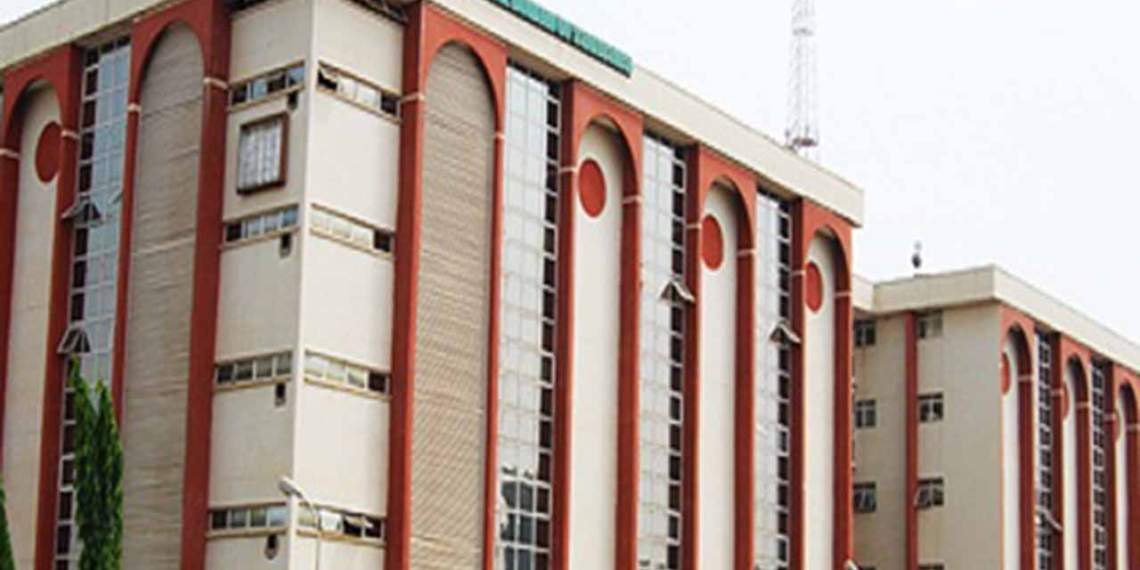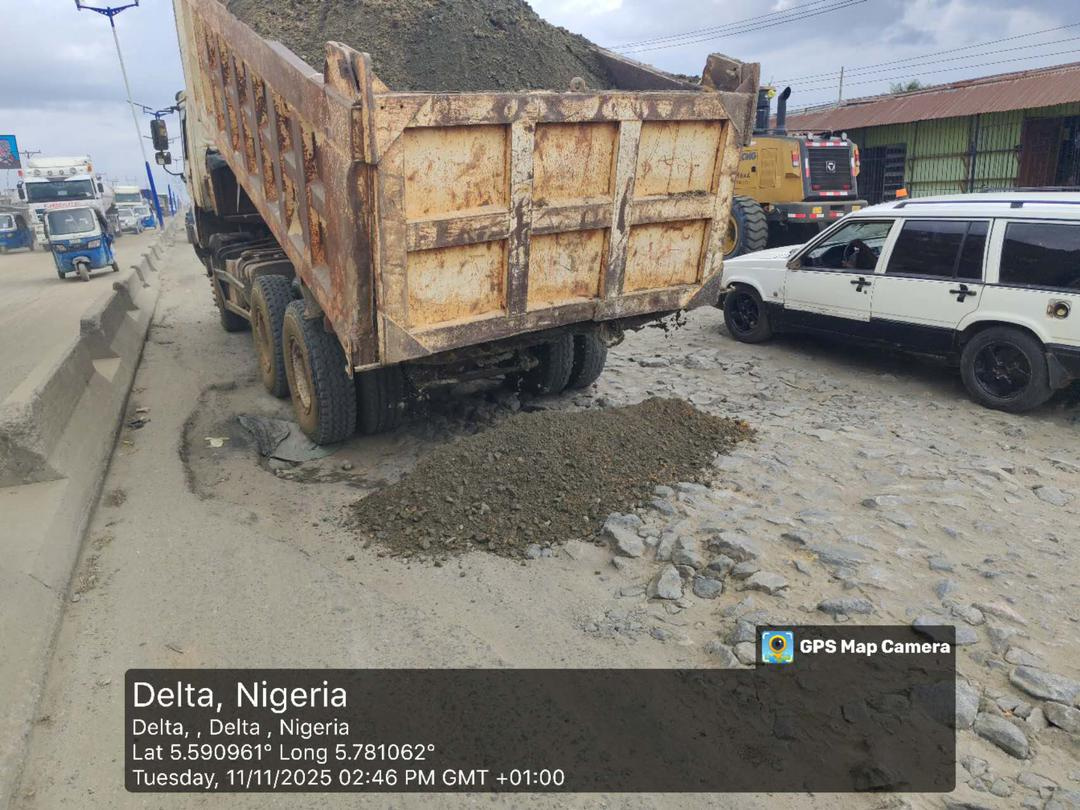Against a backdrop of persistent economic challenges and fluctuating policy landscapes, Nigeria’s agricultural sector has recorded subtle, yet significant, changes in performance during the first quarter of 2025. According to the National Bureau of Statistics (NBS), the sector showed a marginal year-on-year increase of 0.07 percent in real Gross Domestic Product (GDP), signaling a delicate shift that warrants close scrutiny for farmers, policymakers, and everyday citizens alike.
Growth Patterns Reveal Complex Realities
This 0.07 percent year-on-year growth rate may seem minimal, but it actually marks a 1.85 percentage point rise compared to the same period in 2024, when the sector experienced an even slower growth. However, a short-term view presents a less optimistic picture: agricultural growth in the last quarter of 2024 stood at 2.54 percent, making the first quarter of 2025’s results a 2.48 percentage point decline. This highlights the volatility within the sector and underscores the diverse factors impacting agricultural productivity in Nigeria.
Quarterly Contraction and GDP Contribution
Beyond year-on-year figures, the NBS report reveals a notable quarter-on-quarter contraction of 34.70 percent in agricultural activity. Such fluctuations are not uncommon in Nigeria’s agrarian calendar, often reflecting seasonal cycles, market disruptions, or sudden environmental changes. Despite this significant contraction, agriculture still contributed 23.33 percent to the country’s total GDP in real terms for the first quarter of 2025. While this share remains substantial by African standards, it is less than what was achieved in both the first (24.04 percent) and fourth quarters (28.68 percent) of 2024, illustrating a trend of declining agricultural prominence within the broader economy.
Understanding the Food Inflation Context
One of the most consequential figures for Nigerian households remains the food inflation rate. Nigerians have seen prices climb regularly over the past two years, notably after the removal of fuel subsidies in 2023, an economic policy introduced at the outset of President Bola Tinubu’s administration. This policy change has triggered a chain reaction, raising transportation costs and disrupting supply chains for both urban and rural dwellers.
In its latest food inflation report, the NBS revealed that Nigeria’s food inflation rate reached 21.97 percent year-on-year in June 2025. While still alarmingly high, this marks a substantial decrease from the 40.87 percent experienced in June 2024—a drop attributed by experts to a revised methodology and updated base year for calculations. However, many market traders in Lagos, Abuja, and Kano argue that, “The hardships at the market have barely eased. For many Nigerians, the day-to-day struggle with food prices is very real regardless of statistical adjustments,” as commented by Abuja-based economist Olumide Ogunleye.
Domestic Challenges Affecting Agricultural Output
Experts and local farmers cite a convergence of challenges impeding agricultural production. Insecurity remains a dominant threat, particularly in Nigeria’s breadbasket states such as Benue, Kaduna, and Zamfara, where herder-farmer conflicts and banditry have forced many growers to abandon fields or reduce their planting. “Every season, we now farm less land. People are afraid,” a rice farmer in Nasarawa State shared with local journalists.
In addition to security concerns, erratic weather patterns—ranging from drought to unseasonal rainfall—have reduced crop yields. These climate changes also affect neighboring West African countries like Ghana and Niger, showing the wider regional relevance of these trends.
The economic headwinds have affected not only farmers and processors but also traders and small businesses across Nigeria. The NBS report highlights that many agricultural businesses have closed or scaled down due to higher input costs and dwindling profit margins. Ordinarily bustling markets in major cities have seen reduced patronage as consumers struggle to afford basic foodstuffs.
Policy Responses and Persistent Food Security Concerns
In response to these cascading crises, President Tinubu declared a state of emergency on food insecurity in July 2023, pledging targeted interventions to boost farm output and curb rising costs. The government’s stated focus was to support farmers through subsidies, facilitate access to modern farming inputs, and protect food supply routes. Unfortunately, as reported by agricultural unions, implementation barriers and ongoing insecurity have hindered swift results, allowing food inflation to remain significantly elevated.
Structure of Nigeria’s Agriculture Sector
Nigeria’s agricultural sector comprises four principal sub-activities: Crop Production, Livestock, Forestry, and Fishing. Among these, crop production is the cornerstone, accounting for 64.57 percent of the total nominal value in Q1 2025, as confirmed in the latest NBS report. Crops such as rice, maize, cassava, and yams form the backbone of rural livelihoods and food supply across much of West Africa.
Despite this dominance, crop production faces its own share of difficulties. Pest invasions, input shortages, and limited access to market information all present barriers to increased output. Meanwhile, livestock producers contend with diseases, grazing challenges, and theft, while fishing and forestry are pressured by overexploitation and environmental degradation.
Comparisons With Neighboring Economies
Nigeria’s experiences echo those of neighboring countries like Ghana, where local reports indicate similar struggles with inflation, unpredictable weather, and security issues affecting farmers. However, Nigeria’s sheer population size and market depth mean that shifts in its agricultural sector can have ripple effects across the entire West African food system.
Analysis and What Lies Ahead
While the recently reported figures may give some hope of stabilisation, the broader context shows that Nigeria’s path to agricultural recovery remains long and fraught. Policymakers continue to grapple with the need to balance economic reforms—such as fuel subsidy removal—against the daily realities faced by the most vulnerable citizens. Experts argue that for genuine progress, there must be more effective investment in rural infrastructure, irrigation, and farmer protections. Cross-border cooperation with countries like Ghana could also offer pathways to more resilient regional supply chains.
The agricultural sector’s quarter-on-quarter growth rate slid to -38.17 percent in Q1 2025, and its contribution to Nigeria’s nominal GDP dropped to 19.40 percent, down from 20.86 percent and 28.25 percent recorded in Q1 and Q4 2024 respectively. Analysts suggest that addressing structural vulnerabilities and fostering innovation—through digital markets, improved storage, and climate-smart farming—will be key to reversing these declines.
Voices from the Field
“Support from government or NGOs rarely reaches us in the villages,” says Maryam Bello, a cassava farmer from Oyo State. “If insecurity is tackled, and we get the right seeds and fertiliser, we can do much better.”
Others point to the potential for youth engagement in modern agriculture, if investment in technology and access to finance are prioritized. “Young people want to farm, but they need assurance of safety and access to markets,” said Dr. Femi Olatunde, an agricultural economist at the University of Ibadan.
Concluding Thoughts
As Nigeria contends with an evolving agricultural landscape, the choices made today—by farmers, lawmakers, and the private sector—will shape food security and economic wellbeing for millions. The sector’s resilience in the face of adversity is commendable, but sustained growth will require stronger policies, investment in innovation, and unwavering focus on the needs of smallholder farmers, whose livelihoods remain at the heart of national stability.
How are rising food prices and agricultural changes affecting you or your community? What practical steps do you think policymakers and communities should take? Share your thoughts in the comments below and follow us for updates on Nigeria’s agriculture, economy, and food security stories.
Have a story or tip about agriculture, food prices, or rural life? We want to hear from you!
Email your insights or news to story@nowahalazone.com to get your experience featured or discuss story submissions.
For general support, you can contact us at support@nowahalazone.com.
Stay informed—follow us on Facebook, X (Twitter), and Instagram for more updates and community stories!










